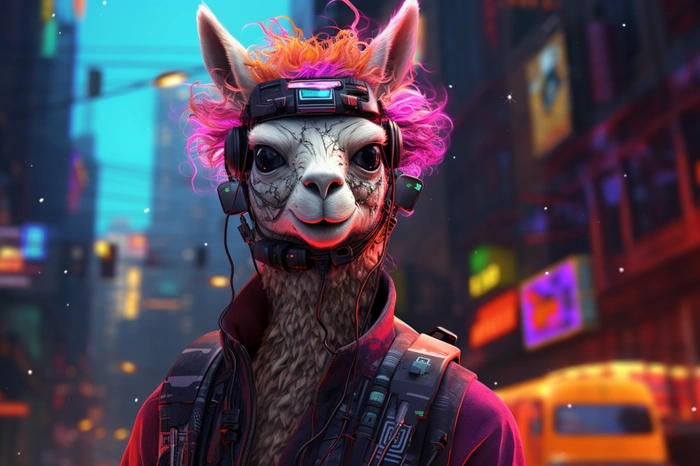How to train Llama 2 using your own data
In the ever-evolving world of artificial intelligence, the Auto Train library from Hugging Face has emerged as a game-changer, enabling users to fine-tune a Llama 2 model with their own data set using a single line of code. This revolutionary tool has made the process of training Llama 2 models more accessible and user-friendly.
To make full use of the technology you must first access and download the Auto Train Advance package, which can be found on GitHub. The significance of the Auto Train Advance package lies in its simplified process of training and deploying state-of-the-art machine learning models, making it a desirable tool for users looking to optimize their workflow.
Create powerful AI models without code
But before diving into the utilization of this technology, it’s imperative to consider the key role of Python. It is crucial to remember that running this package locally necessitates a Python version of 3.8 or higher. Meaning, if the current Python version is below 3.8, an upgrade is necessary to ensure the proper functioning of the Auto Train Advance package.
The next step in the process involves the installation of the Auto Train Advanced Python package itself. The best method for installing this Python package is via the Python Package Index (PIP), one of the easiest and fastest ways to install Python packages.
Train Llama 2 using your own data
The Auto Train package is not limited to Llama 2 models. It can also be used to fine-tune other types of models, including computer vision models or neural network models using tabular data sets. This versatility makes it a valuable tool for a wide range of AI applications.
Auto Train
To get started, users need to provide a Hugging Face token to log in to their Hugging Face account. They also need to provide a project name and define which model they want to fine-tune or retrain. The data set, which should be in the form of a CSV file and follow a specific format, can be specified using the data underscore path flag.
The training process of Llama 2 involves several key parameters. The learning rate, which controls the speed of convergence during the training process, can be adjusted. The number of training epochs and the train batch size can also be set depending on the hardware and the data set. To speed up the training process, the model max length is defined.
Once the Llama 2 model is fine-tuned, it can be pushed to the Hugging Face Hub using the push to hub flag. However, users should be prepared for the training process to take a considerable amount of time, especially for large language models.
The Transformer library can be used to load the tokenizer and the model and perform inference or prediction on top of those. A powerful GPU is needed for the process to work effectively.
For those who need assistance or want to discuss different fine-tuning methods, the Discord server mentioned in the video description is a valuable resource. Here, users can get help with fine-tuning their own Llama 2 model, making the process of training Llama 2 models more collaborative and interactive.
Other articles you may be interested in on the Meta open source AI large language model :
- How to use Llama 2 with Python to build AI projects
- What is Llama 2
- Llama 2 Retrieval Augmented Generation (RAG) tutorial
- How to set up Llama 2 locally
- How to fine-tune Llama 2
- Llama 2 vs ChatGPT
It’s essential to reiterate once again that you will need an operating system with Python version 3.8 or higher to ensure Auto Train Advanced can deliver its expected benefits and full capabilities. This consideration is vital for the preparation and planning process for those intending to use the Auto Train Advanced package.
Source: YouTube
This guide provides an easy way to train Llama 2 using your own data and the Auto Train package which is available to download for free with
Source: How to train Llama 2 using your own data – Geeky Gadgets


